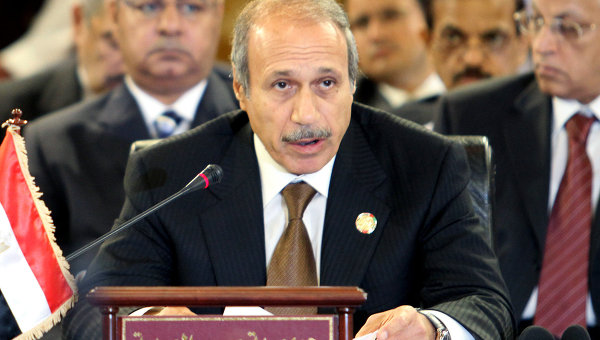LOS ANGELES, California: Muslim Americans, with a coalition of Jewish and Christian partners, are engaging in a nationwide week of open interfaith dialogue, starting in mid-October. There is a real need for Muslim and non-Muslim American communities to better understand and interact with one another, given recent debates on Islam and a rise in anti-Muslim sentiment across the United States.
Addressing head on the question “Why don’t Muslim Americans engage more?” Muslim Americans will invite people of all faiths to visit their mosques during this week and, likewise, encourage Muslims to attend non-Muslim houses of worship.
This outreach initiative will feature programs and discussions, such as the one at The Islamic Centre of Southern California on Oct. 17, which was designated Open Mosque Day. There, speakers addressed timely issues and examined the historical and moral foundations upon which the relationship between Muslims and non-Muslims can be constructed positively. The Oct. 17 discussion addressed the question: “How should Muslims interact with non-Muslims in an era fraught with hostility and conflict, while remaining true to Islam?” In addition, an Islamic centre in nearby Irvine also opened its doors on Open Mosque Day to invite all Americans to learn more about Islam, stating that in doing so, it is: “Recognizing our common humanity. Celebrating our diversity. And respecting each other.”
For several years, Muslims have integrated into the tapestry of American life, but the rise in anti-Muslim sentiment is a relatively newer phenomenon. The associated rhetoric has surprised many by revealing Americans’ ignorance about Islam. However, the American public educational system has not focused on providing a comprehensive look at Islam’s tenets or its history, resulting in fear of Muslims and Islam by the larger American population, especially after 9/11.
The public debate about religion and education remains tenuous but important, as there are emerging populations of diverse religions in the United States. Recently, for example, the Texas State Board of Education passed a resolution that seeks to curtail references to Islam in Texas public schools’ textbooks, as some board members warned of what they described as “a creeping Middle Eastern influence” in the nation’s publishing industry.
The week of Muslim outreach can begin a transformation of the negative views of Muslims that seem to be created by media snapshots from the late 1970s with Khomeini, 1980s with Qaddafi, 1990s with Saddam Hussein and, since 2001, with Osama Bin Laden.
Meanwhile, the positive contributions and accomplishments of Muslims are ignored or remain unknown. Muslim Americans have been successful in America in the corporate, educational and even political sectors. For instance, a Muslim American student, Ali Hussain, was named a Harry S. Truman Scholar at Cornell University and is planning a career in international relations with a focus on Pakistan and Afghanistan. And recently a Muslim American student, Ayesha Siddiqui, became the first-ever Muslim valedictorian at the City University’s College of Technology in New York.
In Los Angeles, Ferial Masry, a Saudi Arabia-born American woman, is running as a Democrat in the 37th District for the California State Assembly. She has been a small-business owner, an autobiographer, a lecturer and is currently a public school teacher. Keith Ellison, Representative for Minnesota’s 5th District, is another example of a public Muslim American figure, as is André D. Carson, Representative for Indiana’s 7th Congressional District.
Their commitment to American values and Islam demonstrate that Muslim Americans are already well-integrated.
Certainly, as Muslim Americans we should be willing to accept that some of the negative images of Islam that non-Muslims have are based on what emerges from actual news stories. But campaigns like this week of dialogue should demonstrate to non-Muslims that the 1.2 billion Muslims in the world are quite diverse in their culture and upbringing.
The debate over the planned Islamic centre, Park51, in New York City challenged all Muslim Americans. We were hurt by the Islamophobia that pervaded everyday conversations, and were distressed as the media played out scenes of anti-Islam and anti-Muslim protests. However, we stood up as Americans, asked for our constitutional rights and explained to the world that nobody needs to be afraid of Muslims. A Muslim can be a friend, a neighbor, a swim partner or even a prayer companion.
Partnering with fellow Americans – Jews and Christians, amongst others – this week of Muslim American outreach can be the beginning of a real dialogue where we discuss similar goals: diversity, common humanity and mutual respect for each other.
Dr. Mehnaz M. Afridi teaches Judaism, Islam and Genocide Studies at Antioch University. This article was written for the Common Ground News Service (CGNews), www.commongroundnews.org

